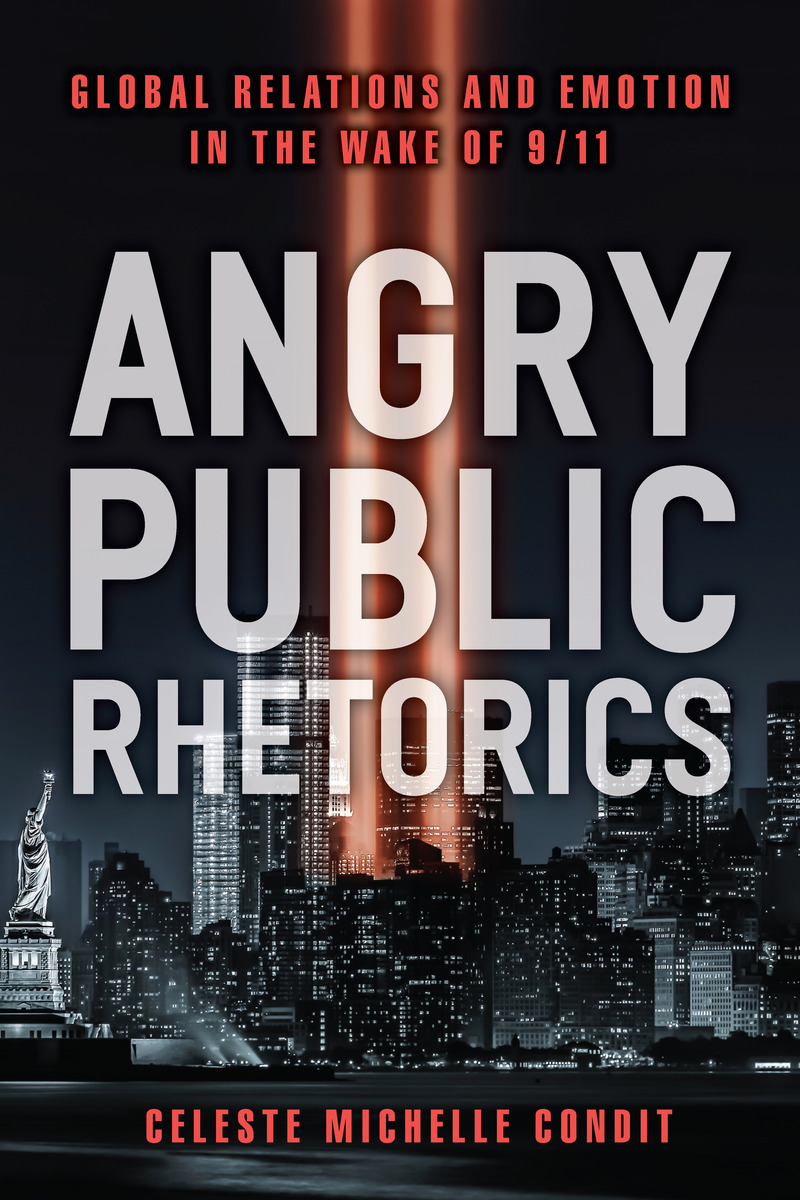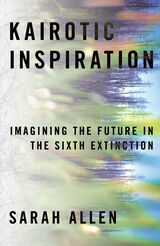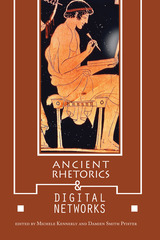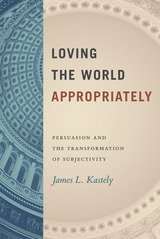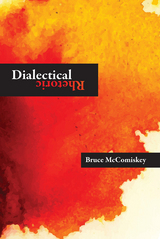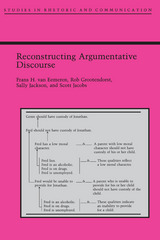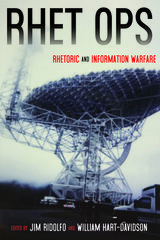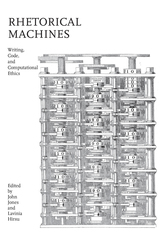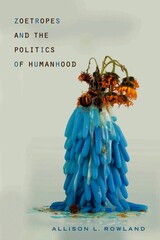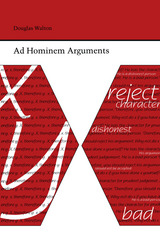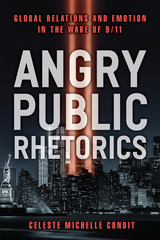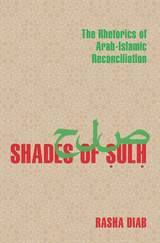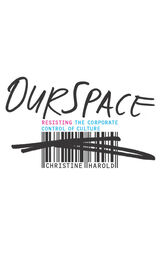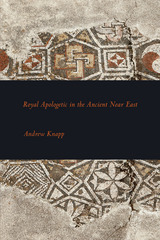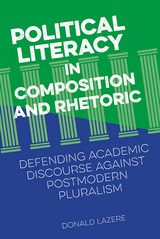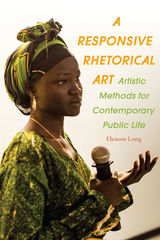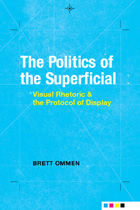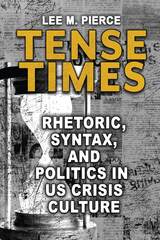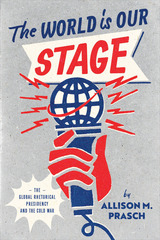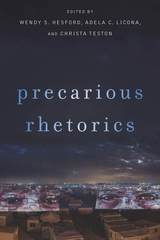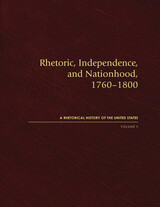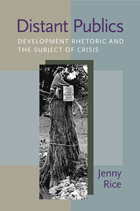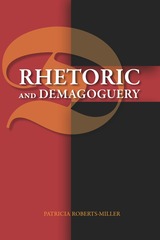Angry Public Rhetorics: Global Relations and Emotion in the Wake of 9/11
University of Michigan Press, 2018
Cloth: 978-0-472-13095-5 | eISBN: 978-0-472-12414-5
Library of Congress Classification P301.5.P67C66 2018
Dewey Decimal Classification 973.931
Cloth: 978-0-472-13095-5 | eISBN: 978-0-472-12414-5
Library of Congress Classification P301.5.P67C66 2018
Dewey Decimal Classification 973.931
ABOUT THIS BOOK | AUTHOR BIOGRAPHY | REVIEWS | TOC | REQUEST ACCESSIBLE FILE
ABOUT THIS BOOK
In Angry Public Rhetorics, Celeste Condit explores emotions as motivators and organizers of collective action—a theory that treats humans as “symbol-using animals” to understand the patterns of leadership in global affairs—to account for the way in which anger produced similar rhetorics in three ideologically diverse voices surrounding 9/11: Osama bin Laden, President George W. Bush, and Susan Sontag.
These voices show that anger is more effective for producing some collective actions, such as rallying supporters, reifying existing worldviews, motivating attack, enforcing shared norms, or threatening from positions of power; and less effective for others, like broadening thought, attracting new allies, adjudicating justice across cultural norms, or threatening from positions of weakness. Because social anger requires shared norms, collectivized anger cannot serve social justice. In order for anger to be a force for global justice, the world’s peoples must develop shared norms to direct discussion of international relations. Angry Public Rhetorics provides guidance for such public forums.
These voices show that anger is more effective for producing some collective actions, such as rallying supporters, reifying existing worldviews, motivating attack, enforcing shared norms, or threatening from positions of power; and less effective for others, like broadening thought, attracting new allies, adjudicating justice across cultural norms, or threatening from positions of weakness. Because social anger requires shared norms, collectivized anger cannot serve social justice. In order for anger to be a force for global justice, the world’s peoples must develop shared norms to direct discussion of international relations. Angry Public Rhetorics provides guidance for such public forums.
See other books on: 1946- | Anger | Emotion | September 11 Terrorist Attacks, 2001 | Wake
See other titles from University of Michigan Press
